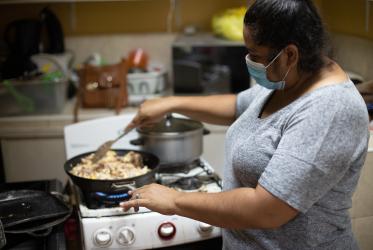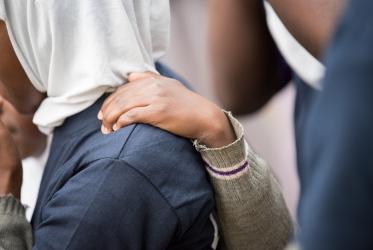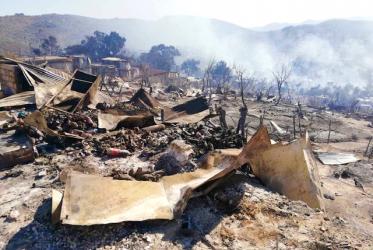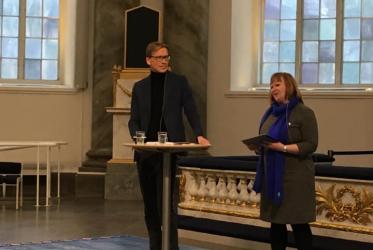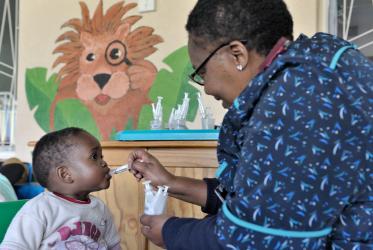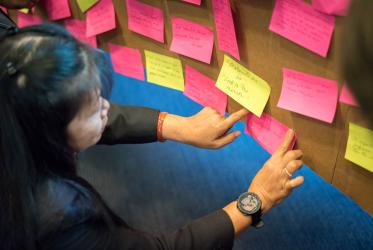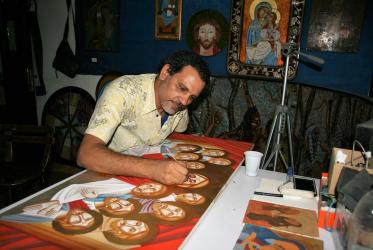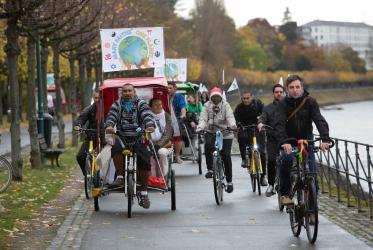Displaying 1 - 20 of 42
15 November 2023
On the journey to HIV – bridging gaps, debunking myths
21 February 2019
Ecumenism is a sense of belonging
08 February 2019
Dialogue addresses improving HIV testing and treatment for children
10 December 2018
WCC Executive Committee envisions future for one ecumenical movement
08 November 2018
WCC, ACT reflect on ecumenical diakonia in historic meeting
01 November 2018
WCC greets new leadership of ACT Alliance
31 October 2018
Working toward an AIDS-free generation
26 July 2018
WCC mourns passing of Calle Almedal
11 June 2018
Not just numbers, displaced people need to share their stories
01 February 2018
Churches in France encourage ecological conversion
24 January 2018
Global church leaders urge COP23 to take action
13 November 2017

